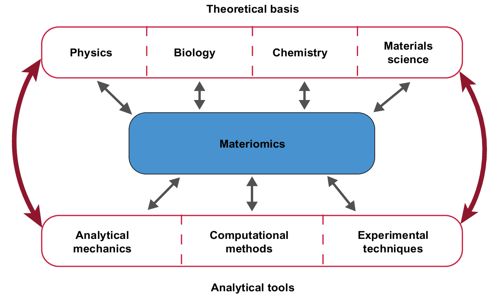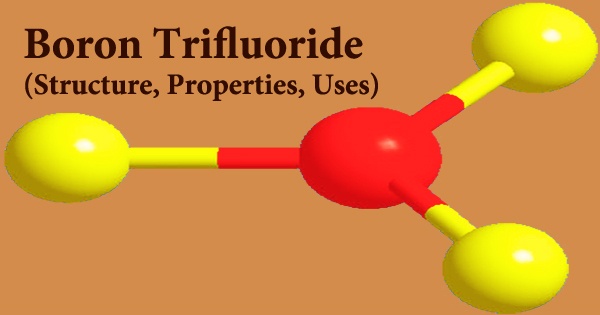Materiomics is the study of the properties of materials at all scales. It is an emerging field of science that provides a basis for multiscale material system characterization, inspired in part by natural, for example, protein-based materials. It is defined as the holistic study of material systems. Materiomics examines links between physicochemical material properties and material characteristics and function. It is the result of the convergence of engineering and materials science with experimental and computational biology in the context of natural and synthetic materials. The focus of materiomics is system functionality and behavior, rather than a piecewise collection of properties, a paradigm similar to systems biology.
Materiomics is the result of the convergence of engineering and materials science with experimental and process biology within the context of natural and artificial materials.
While typically applied to complex biological systems and biomaterials, materiomics is equally applicable to non-biological systems. The development and application of materiomics are illustrated for the specific case of protein-based materials, which constitute the building blocks of a variety of biological systems such as tendon, bone, skin, spider silk, cells, and tissue, as well as natural composite material systems such as nacre and mollusk shells, and other natural multiscale systems such as cellulose-based plant and wood materials.

Materiomics includes the study of a broad variety of materials, which has metals, ceramics, and polymers likewise as biological materials and tissues and their interaction with artificial materials. Materiomics investigates the material properties of natural and synthetic materials by examining fundamental links between processes, structures, and properties at multiple scales, from nano to macro, by using systematic experimental, theoretical, or computational methods.
The term has been independently proposed with slightly different definitions in 2004 by T. Akita et al. (AIST/Japan), in 2008 by Markus J. Buehler (MIT/USA), and Clemens van Blitterswijk, Jan de Boer and H. Unadkat (University of Twente/The Netherlands) in analogy to genomics, the study of an organism’s entire genome.
Materiomics finds applications in elucidating the biological role of materials in biology within the progression and designation or the treatment of diseases. Similarly, materiomics refers to the study of the processes, structures, and properties of materials from a fundamental, systematic perspective by incorporating all relevant scales, from nano to macro, in the synthesis and function of materials and structures.
Materiomics is expounded to genetics, wherever the distinction is that the target material properties, stability, failure, and mechanistic insight into multi-scale phenomena. New techniques for evaluating materials at the tissue level, such as reference point indentation (RPI) and Raman spectroscopy are lending insight into the nature of these highly complex, functional relationships.
















